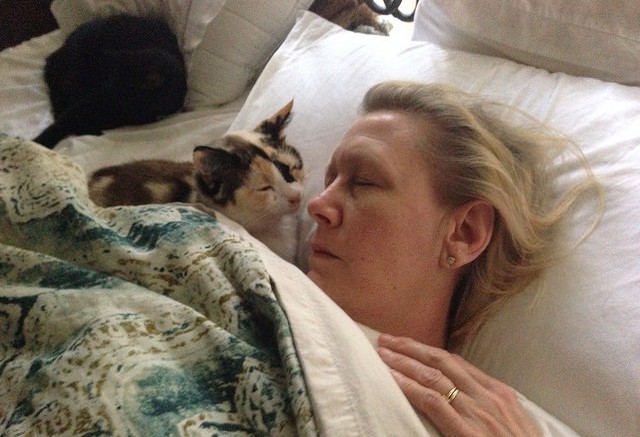A proper re-scheduling of your daily medication plan can save your life. Just by changing when you take your pills, can help you significantly reduce the risk of type 2 diabetes. Two recent studies performed at the University of Vigo in Spain and published in the journal “Diabetologia”, showed that taking blood pressure medications before going bed rather than in the morning can prove to be a very effective strategy to lower the risk for diabetes (1,2).
According to the Centers for Disease Control and Prevention (CDC), up to one-third of the total US adult population suffers from high blood pressure, with less than half of these patients properly controlling this condition. High blood pressure accounts for more than 360,000 deaths every year, meaning that more than 1,000 patients die because of this condition every day (3).
The first prospective study conducted by Dr. Ramón Hermida and his colleagues examined 2,656 non-diabetic patients with variable blood pressure, following them up for an average of 5.9 years. 190 patients later developed type 2 diabetes, but researchers found that most of them showed higher sleep-time blood pressure levels. For this reason, researchers believed that data showed a possible association between lowering blood pressure before going to bed and lowering risk for diabetes.
In the second study, they tried to lower diabetes risk by changing the patients’ medication schedule by giving them their blood pressure medications before going to bed. 2,012 non-diabetic patients suffering from high blood pressure were enlisted, and then randomly assigned two medication schedules. In one, they had to take their medications upon awakening, while in the other they had to take their pills before going to sleep. Patients were followed up for an average of 6 years, and 171 of them developed type 2 diabetes. However, patients who took their medication at bedtime had a much lower sleep-time blood pressure, and a lower prevalence of “non-dipping” (32% versus 52% of morning-medicated patients) – meaning that blood pressure during sleep-time falls by less than 10% compared with daytime blood pressure. Even more importantly, the patients who took their medication at bedtime showed a 57% decreased risk of developing type 2 diabetes compared to the other group, especially in patients taking angiotensin II receptor antagonists, also known as angiotensin receptor blockers (ARBs).
The researchers explained that “in hypertensive patients without diabetes, ingestion of the entire daily dose of one or more blood pressure-lowering medications at bedtime compared with ingestion of all such medications upon awakening results in significantly improved sleeping blood pressure control and prevention of new-onset diabetes.”
REFERENCES
1. Hermida RC, Ayala DE, Mojón A, Fernández JR. Sleep-time BP: prognostic marker of type 2 diabetes and therapeutic target for prevention. Diabetologia, 2015 Sep 23. doi:10.1007/s00125-015-3748-8
2. Hermida RC, Ayala DE, Mojón A, Fernández JR. Bedtime ingestion of hypertension medications reduces the risk of new-onset type 2 diabetes: a randomised controlled trial. Diabetologia, 2015 Sep 23. doi:10.1007/s00125-015-3749-7
3. Centers for Disease Control and Prevention “High Blood Pressure” http://www.cdc.gov/bloodpressure/ (Accessed September 2015)
